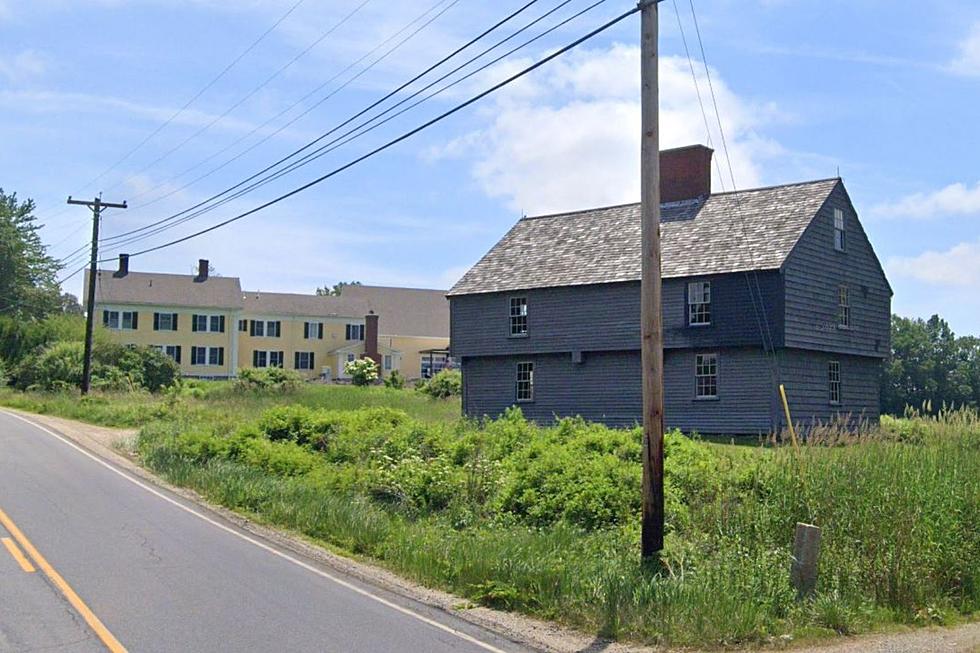
This Mass. Beach Has ‘The Biggest Waves’
The summer months will be here soon in Massachusetts and weather models are predicting a hot season. I like the heat, do you? There are lots of things to love about the bay state and coastal beaches are on that list.
Mass. is not known for beaches with huge waves, but there are some...
Massachusetts beaches are not known for their ferocious wave activity, except for storms of course, but there are some notable spots for surfers or people who like big waves like me.
Surfers and regular beach goers alike enjoy big waves
This beach in Massachusetts has "the biggest waves"
Cahoon Hollow Beach in Wellfleet, MA
Cahoon Hollow Beach (Wellfleet): Cahoon Hollow Beach is famous for its massive waves and is a popular spot for experienced surfers. It’s also home to the Wellfleet Beachcomber, a well-known beach bar where surfers can relax after a session in the water. -saliburybeachmass.com
Cahoon Hollow Beach
Cahoon Hollow Beach
Beaches in MA with big waves
- Nantucket (many)
- Martha's Vineyard (many)
- Scituate
- Plum Island
- Salisbury Beach
- Ipswich
- Gloucester
- Lynn
- Nahant
- Manchester By The Sea
Experts caution surfers and big wave lovers that water is very powerful and to enjoy safely.
Read More:
Cities obviously cannot help where they are geographically located, but there is just something about the Swampscott/Lynn/Nahant area, right? If you know, you know!
Why This Massachusetts Beach Smells So Bad
So, Why Does Lynn Beach Smell Like Crap Sometimes?
Brown algae, or Pilayella littoralis. This non-toxic brown algae washes ashore and lands on rocks and the sand, drys, and smells. As the plant material decays on the beach and in the sand it produces an odor. The odor is a sulfide containing gas. There are no documented detrimental health effects from the beach-generated odors.
The species has been in Nahant Bay since at least 1902, its ultimate origin is not known. This type of brown seaweed is unique to our area. No one, including scientists, is entirely sure why Pilayella littoralis occurs in such large quantities or why it is mostly limited to Nahant Bay and Broad Sound. -mass.gov
For decades now there have been studies to figure out a way to prevent the stench. You can't kill the algae. In 2008, crews would literally go and scoop up any algae that washed ashore every day, according to boston.com.
When we were kids, I remember my cousin Jason telling me that he actually liked the smell. He was not kidding, either. You serious, bro?
LOOK: Here are the 50 best beach towns in America
Gallery Credit: Keri Wiginton
More From Q97.9








